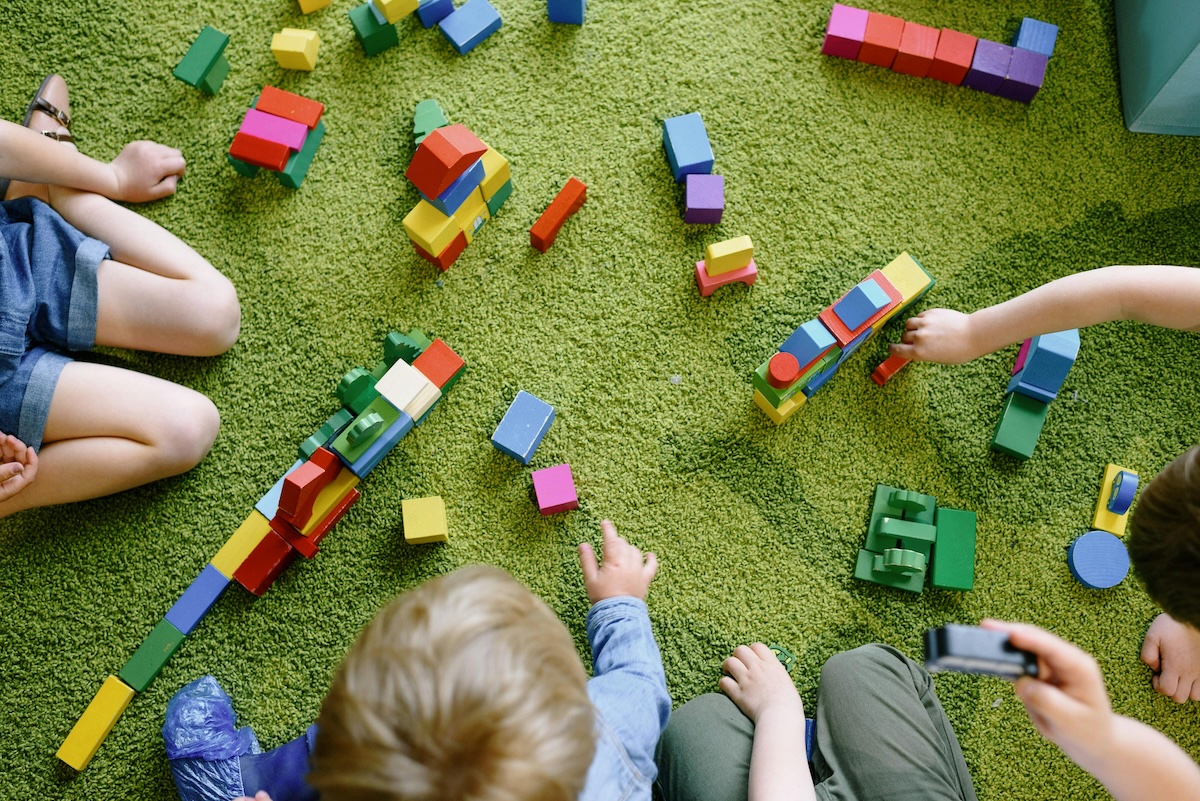What does a behavior change consultation look like?
We will begin with an initial 15 min phone call to determine if we are a good fit.
I will ask you to answer some intake questions that will help me learn about your child, your family and the environment in which the problem behavior occurs.
INTAKE MEETING
We will meet at your home to review the forms together and discuss the behavior that you are seeking help with. This will help me deepen my understanding of the processes that trigger, control, and maintain the behavior.
EVALUATION
Observation is a key component to understanding behavior. It is especially helpful if I can see the behavior on several different occasions. I will come and observe your child at the time and place that is most relevant and most likely for the behavior to occur. I may also ask that you share some video recordings with me through a secure link, so that I can observe the behavior further.
TREATMENT PLAN
Using the information I have gathered, I will develop a written plan. We will review the behavior plan together and ensure that we are in agreement about how to proceed as well as work out any concerns or barriers to implementation that you may foresee.
TREATMENT
We will work together to implement the behavior treatment plan. I will model the intervention and then help you to practice with your child. We will most likely start with weekly sessions, in person or via telehealth, to practice, tweak and determine if the intervention is working. Once we have a good grasp on the behavior, we can decrease the frequency of our sessions.
FOLLOW-UP
I will continue to check-in to make sure that the behavior does not slip back to old patterns and at this point, we can either choose to work on something new or decide on a maintenance plan. To achieve the best outcomes, collaborating with other professionals or providers, with your child’s school and with other relevant individuals in your child’s life is recommended.
What is Self-Directed Learning (SDL) / Self-Directed Education (SDE)?
It simply means focusing on your child’s interests and on the way that they learn best. It involves creating an environment that works best for your child, one in which they are motivated to learn. This way of learning is based on the principles of intrinsic motivation for which research has shown enhanced learning outcomes.
What is Applied Behavior Analysis or ABA?
Applied Behavior Analysis (ABA) is the science of human behavior. Its methods are empirically validated and it is regarded as a long-standing method for changing human behavior.It involves the principles of learning theory and its main focus is to increase desired behaviors, generalize learned behaviors or reduce undesirable behaviors. Applied behavior analysis has a longstanding large body of research supporting its efficacy especially as it relates to the treatment of Autism Spectrum Disorder but it can also be applied to other populations and to almost any behavior.
How can these two approaches work together?
Applied Behavior Analysis (ABA) and Self-Directed Learning (SDL) share a love of natural environments. Both place the utmost emphasis on the quality, richness and power of the environment in which a child lives. ABA and SDL look at how you can change the environment to best fit the child’s learning style instead of focusing on the child’s “bad” behavior.
Does behavior change mean changing my child?
Absolutely not. On the contrary! My approach focuses on acceptance of every child as they are. This concept is key to moving forward and making changes. Underlying acceptance is the cessation of comparison to other children and seeing and accepting them for where they are in their developmental journey. Behavior is one of the ways in which children communicate. Often, they are communicating that they lack the skills necessary to navigate a situation. Together we will find functional replacement behaviors and prioritize skill building.
Can you provide examples of behaviors?
- Oppositional behavior
- Bedtime routine
- Morning routine
- Picky / selective eating
- School-related anxiety
- Developing autonomy
- Social skills
- Tantrums
- Toileting
- Verbal communication
- Emotional dysregulation
- Understanding social cues
How much does it cost?
- $200 /hour for initial intake meeting , observation session, analysis and behavior plan development.
- $250 /week includes: weekly session, review of behavior plan, continuous support.
I don’t turn anyone away. I enjoy working with socioeconomically diverse families and I am willing to work with you on a sliding fee scale if your family needs it. Please feel comfortable to reach out and inquire.
Can you bill my insurance directly?
I am an out-of-network provider which means that I do not bill insurance directly. I can however provide you with a superbill which you can choose to submit to your insurance company for possible reimbursement.
Why not go through insurance companies?
Long wait times, ability and flexibility to work with children without official diagnosis, freedom to work directly with a BCBA rather than multi-level team, freedom to work on only one behavior and for a short term intervention. Also, not going through insurance companies allows me to consult and collaborate freely with other professionals (like, OTs, SLPs, teachers) to best help your child’s behavior.
I am not a parent but a Professional seeking consultation?
Perhaps you are a teacher, SLP, Psychologist, or PT, and you have a particular client/student with challenging behaviors and need some help. I welcome collaboration!

